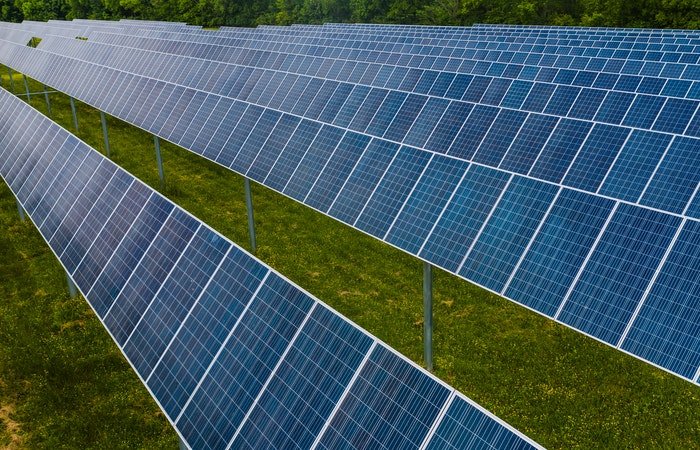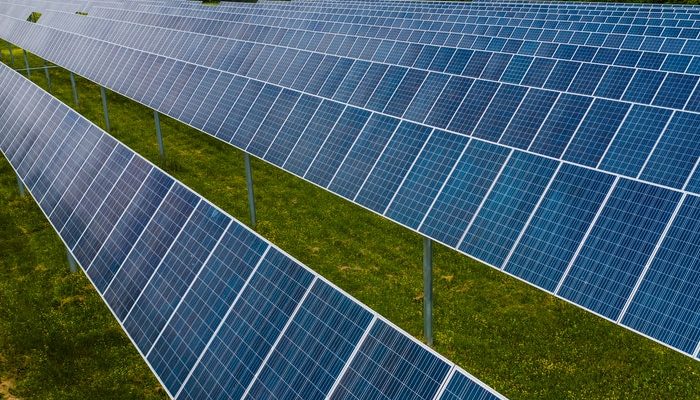
Heating your home can be a problem for your comfort and budget, especially if your heating system isn’t the most efficient. According to experts, home heating is one of the most costly systems, taking up an average of 42% of your utility bill which makes finding and installing an economical or cheap way to heat house systems important.
Do you find it challenging to save enough money to get the type of heating solution? Are you interested in getting a heating solution that is not way above your budget? Then, you can get an affordable low-loss header from us.
Traditional Heating Systems
Natural Gas Heating
Natural gas heating has long been a popular choice for homeowners due to its relatively low cost and efficiency. Natural gas furnaces convert gas into heat, making it a reliable option for many households. However, the reliance on fossil fuels raises concerns about carbon emissions and contributes to climate change.
Oil Heating
Oil heating is another traditional method utilized in some areas. However, it is less common nowadays due to its high maintenance costs and environmental drawbacks. The cost of oil can fluctuate significantly, making it less predictable for budget-conscious homeowners.
Electric Heating
Electric heating systems are easy to install and maintain, but they tend to be more expensive in the long run. The cost of electricity can make electric heating inefficient compared to other options. Additionally, electric heating often relies on non-renewable energy sources, further impacting the environment.
Renewable Energy Solutions
Geothermal Heat Pumps
Geothermal heat pumps use the constant temperature of the earth to efficiently heat and cool a home. While the initial installation cost is higher than traditional systems, the long-term savings and environmental benefits are substantial. These systems can cut heating and cooling costs by up to 70% and have minimal carbon emissions.
Solar Heating
Solar heating harnesses the sun’s energy to warm a home. Passive solar design, with strategically placed windows and heat-absorbing materials, can optimize heat gain. Active solar systems, like solar water heaters, can also be employed to supplement traditional heating methods. While solar heating can significantly reduce energy bills, its efficiency can be affected by weather conditions and initial investment costs.
Biomass Heating
Biomass heating uses organic materials such as wood pellets, wood chips, or agricultural waste to generate heat. Modern biomass boilers are efficient and cleaner than older models, but their economic viability depends on the availability and cost of biomass fuel. When sourced sustainably, biomass heating can be a carbon-neutral option.
What are the economical ways you can heat a house?
- Solar Heating: It is not just meant for greenhouses with big budgets; it is a very affordable and efficient way to heat a house. Solar Heating and cooling systems use thermal energy from the sun instead of electricity or natural gas Heating and cooling. Solar Heating helps to decrease pollution and the cost of money for the purchase of fuels.
- Geothermal Heating: it uses the temperature of the earth, which is pretty constant for Heating. Geothermal heat pumps exchange air with the earth instead of using outside air temperature.
- Radiant Floor Heating: this is one of the most popular heating solutions today. It is widely used in homes because most of the equipment is installed beneath the floor (or in walls or ceiling panels for other types of radiant systems), so there is no interference with furniture arrangements or traffic flow.
- Hybrid Furnaces are most suitable for houses in mild climates(where the temperature occasionally falls below 30 Fahrenheit). Hybrid systems primarily use electricity and use natural gas as secondary source that switches on during high-demand periods.
- Wood Stove: Wood stoves can be used as supplemental heat to reduce dependency on other forms of energy. It’s renewable and less expensive than other energy sources such as natural gas, oil, and electricity.
Considerations for Choosing the Right System
When selecting the most economical way to heat a house, several factors should be taken into account:
Climate: The heating needs of a house vary depending on the local climate. Colder regions might require more robust heating systems, while milder climates may benefit from passive heating strategies.
Initial Investment: While some renewable energy solutions and high-efficiency systems may have higher upfront costs, they often lead to substantial long-term savings.
Energy Costs: Understanding local energy prices and forecasting potential fluctuations can help homeowners choose a cost-effective heating solution.
Environmental Impact: Consider the environmental consequences of each heating method and opt for options with lower carbon footprints.
What is the most economical way you can heat a house?
The most economical form you can heat a home is by using a low-loss header.
This type of heating solution where boilers are connected directly to the loads may have a variable flow rate caused by system control valves and Thermostatic Radiator Control Valves (TRVs). It regulates the flow rate and pressure, which improves the efficiency and performance of the heating system.
A low-loss header is installed to ensure that the water flow rate is high enough to heat a large building or even multiple facilities, such as an office complex.
It helps you increase energy efficiency, cut your utility bill and conserve money during cold seasons. A low-loss header is also a suitable device for eliminating debris and more from your heating system.
Conclusion
Finding the most economical way to heat a house involves striking a balance between cost, efficiency, and environmental impact. Traditional heating systems, renewable energy solutions, energy-efficient technologies, and insulation play crucial roles in optimizing heating efficiency. By understanding the various options available and considering local factors, homeowners can make informed decisions to create a comfortable, cost-effective, and environmentally responsible living space. Taking steps towards more sustainable heating practices not only benefits individual households but also contributes to the larger goal of mitigating climate change and creating a greener future for generations to come.

